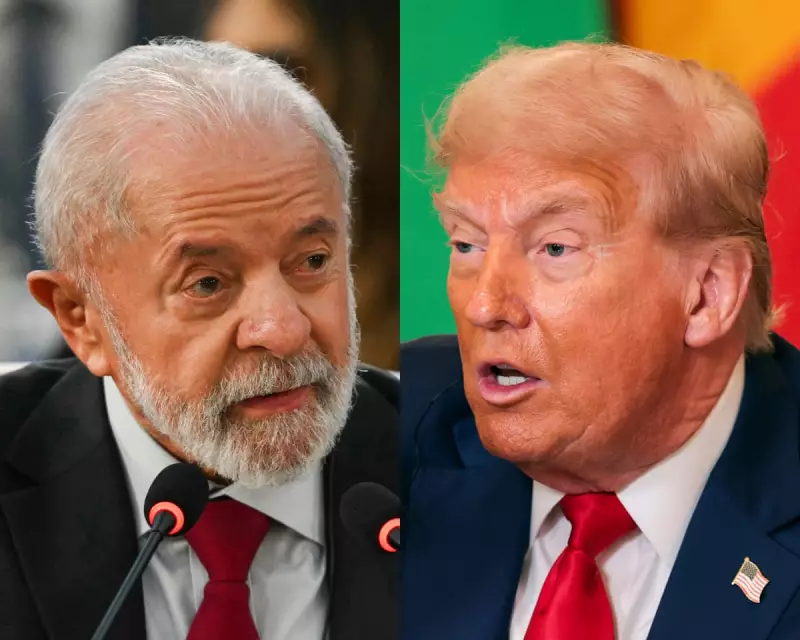
Brazilian President Luiz Inácio Lula da Silva has issued a defiant response to former US President Donald Trump's threat of imposing heavy tariffs on Brazilian imports, warning that Brazil will not hesitate to implement retaliatory measures.
Trade Tensions Escalate
The diplomatic confrontation intensified after Trump declared he would consider imposing tariffs of at least 10% on all foreign imports, with specific threats aimed at Brazilian products. The former president's comments have sent shockwaves through international trade circles, raising concerns about a potential global trade war.
Brazil's Strategic Response
President Lula, speaking from the capital Brasília, made it clear that Brazil would not back down from such economic pressure. "We have our own tools and we will not hesitate to use them," he stated during a press conference, though he stopped short of detailing specific countermeasures.
The Brazilian leader emphasised his country's position as a significant global player in agricultural exports, particularly in commodities where the United States depends on foreign supply chains. "Brazil is not a country that will accept threats without response," Lula asserted, highlighting the nation's economic resilience.
Historical Context and Future Implications
This isn't the first trade confrontation between the two leaders. During Trump's previous presidency, tensions flared over Brazilian steel and aluminium exports. However, analysts suggest the current standoff could have more far-reaching consequences given the fragile state of the global economy.
The potential trade dispute comes at a sensitive time for both nations:
- Brazil is positioning itself as a key global supplier of sustainable energy and food products
- The United States faces inflationary pressures that could be exacerbated by trade conflicts
- Both countries are navigating complex election cycles that could influence economic policies
Global Economic Ripples
Financial markets have shown early signs of concern, with commodities traders closely monitoring the situation. The threat of tariffs between two of the world's largest economies could disrupt global supply chains and affect prices across multiple sectors, from agriculture to manufacturing.
International trade experts warn that such protectionist measures could trigger a domino effect, prompting other nations to implement their own trade barriers and potentially slowing global economic growth.





